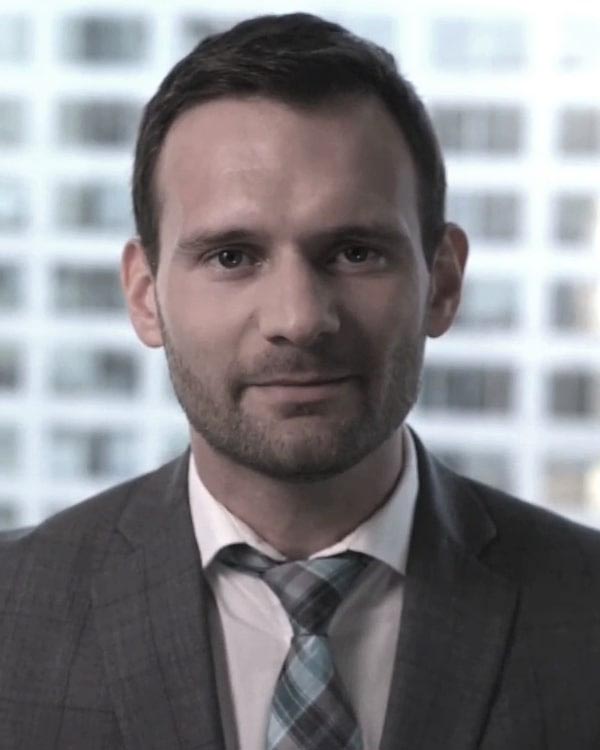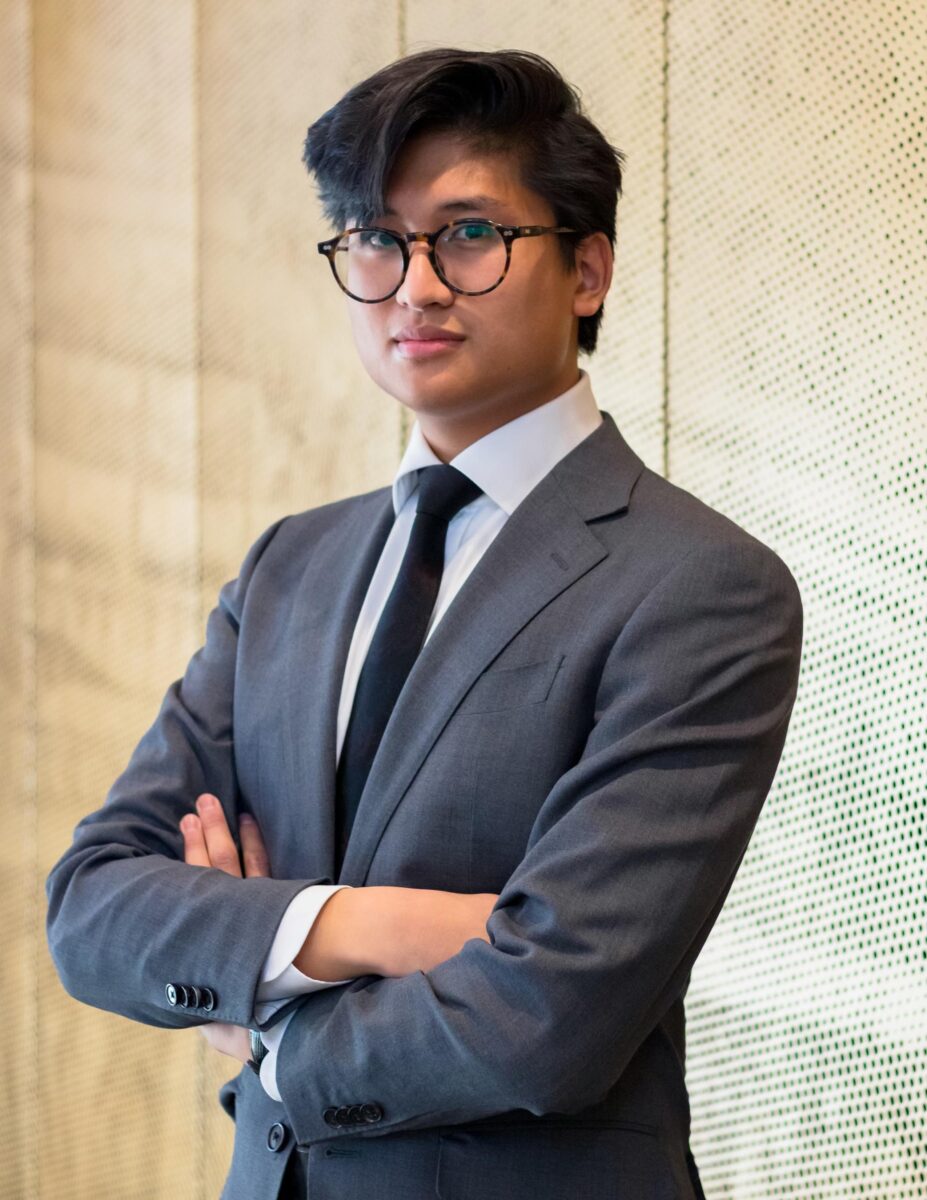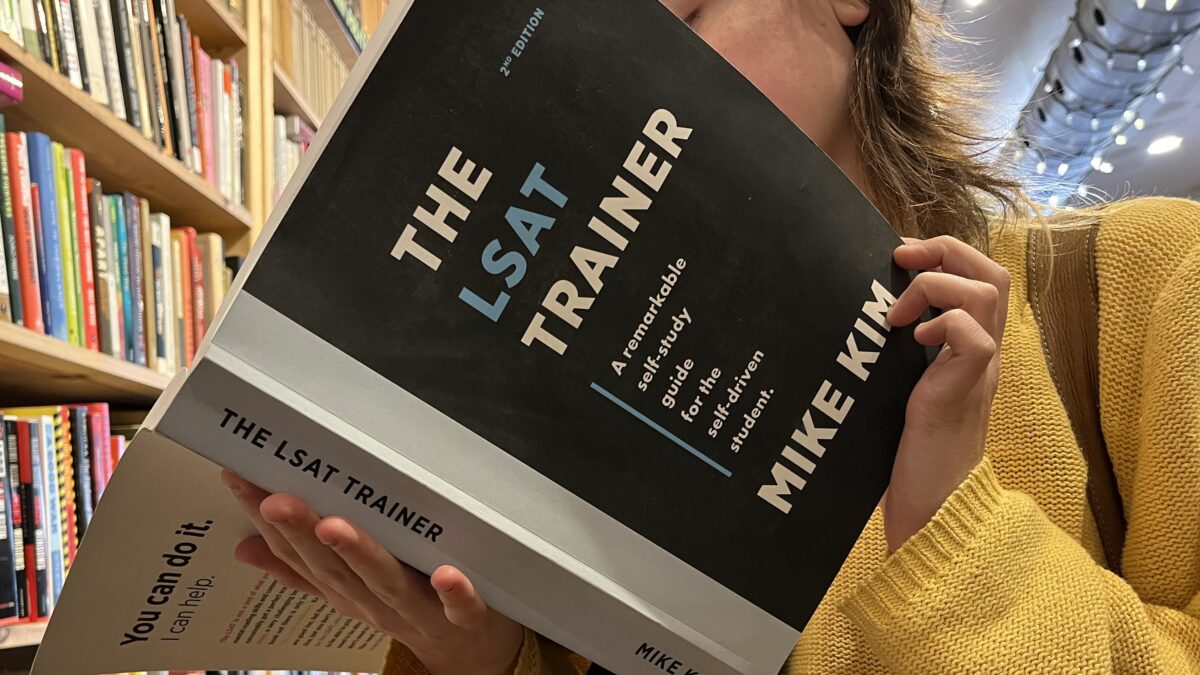Lawyers who run courses to prepare for the Law School Admissions Test (LSAT) say they hope changes to the test will make law school more accessible to people with disabilities.
In August, 2024, the test will no longer include logic games and will instead have two logical reasoning sections, one reading comprehension section and an unscored third section. The logic games relied on visual patterns and spatial recognition, which disadvantaged people with visual impairments. In 2019, a visually impaired test taker filed a lawsuit, claiming that the section put them at a disadvantage.
“The main impact on test takers will be the removal of a barrier to going to law school,” said Nicholas Pope, a human rights lawyer and owner of Ottawa LSAT, a prep school for the exam.
Pope sees the change as a good thing for prospective law students and the profession.
“It will allow some people to take the test who otherwise would not have, due to visual impairment or simply having difficulty with the section,” he said.
The logic games section can be difficult, stressful and time consuming for test takers.
“I know of some students who had given up on taking the LSAT after struggling with logic games, and now that it is being removed, they have decided to take it again,” Pope explains.

Pope, who has helped students prepare for the LSAT for 11 years, says that any changes that promote accessibility and diversity are important.
He added that he hopes the Law School Admission Council will continue to modernize as necessary.
“If people with disabilities or minority groups are coming forward with evidence that the test has internal bias that hinders their ability to do well, despite their ability to do well at law school, then changes should be made,” he says.
Davin Caratao, a third-year student in Public Affairs and Policy Management with a minor in Law at Carleton University, who took the test last year, says he understands the decision to remove the logic games. He thinks the lawsuit addressed an important issue for the visually impaired.
“It would be vastly unfair to subject those who are unable to see, to the part of test where that visual element is key to doing well.”
However, Caratao sees a downside as well. He feels that with practice the logic games were the easiest part of the test to master.
“There are some who say that the LSAC (the Law School Admission Council, makers of the test) eliminated the logic games section because the ability to master it was driving up test scores. I would say that is also a likely factor in its removal: Logic games is easiest to get right, but also because it’s the most abstract and divorced from legal skills,” he said.

Sean Selinger, founder and CEO of an LSAT centre that provides free test preparation, said that while the logic games section was the most teachable part of the LSAT, it also contributed to the cost of prep courses, which can be up to $1,500.
“The section indirectly created an economic barrier to the legal profession,” and “stopped tens of thousands of applicants from attending top law schools,” said Selinger, whose organization helps make law school more accessible to more diverse socio-economic groups.
Selinger is concerned with the demographics of law schools and thinks this change could have a positive impact.
“Right now law schools are completely dominated by students from wealthy backgrounds who can ‘buy’ a high LSAT score. Without this section it will be much cheaper and easier to prepare for the LSAT and get a top score.”

Selinger has experience working on standardized tests like the Graduate Management Admission Test (GMAT) and Graduate Records Examinations (GRE), and looking forward, Selinger sees the LSAT change as one step in the process of modernizing standardized testing.
Carartao is hopeful that the changes will help improve a profession he holds in high regard.
“I have a great respect for the legal profession, I think it gets a bad rap with all the lawyer jokes and such. I think a civilized society relies on the rule of law, and the rule of law relies on lawyers,” says Carartao.
“Just like how doctors or firefighters are necessary for the physical health or safety of a community, I think lawyers are necessary for the protection of the community itself — preserving the bonds that tie people together.”




